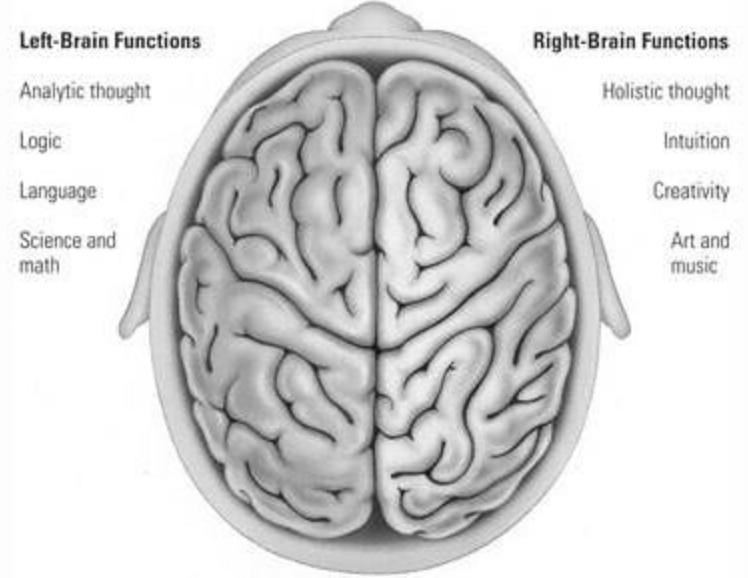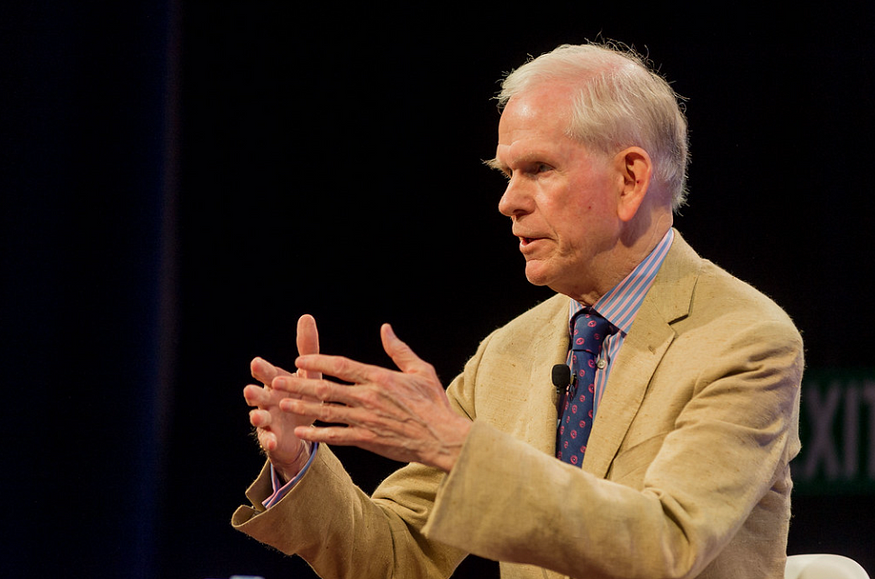Two Jiddu Krishnamurti Quotes That Define Our Reality Like None Other
Simple is the new complex
Whenever Jiddu Krishnamurti was in Madanapalle, a midsize city in southern India, he would go for an evening stroll to see the setting sun. The sunset view from this place is one of the most beautiful views.
One day, an author of great repute was visiting the Rishi Valley school founded by JK and expressed his desire to behold the setting sun with him. The author remarked, “What a beautiful sunset.” JK is said to have walked back, complaining that the man speaks too much.
He told his team later that evening, what was the need to comment, “It’s beautiful.” It is just the way it is — neither beautiful nor ugly.
This man taught us for over six decades that we move away from words. His work has shaped my worldview in so many ways. The way I see reality has changed completely.
So it is not just the time in meditation that is to be spent in a certain manner, but every moment of life is to be lived in the way of meditation.
“Word is not the thing” and “words divide,” he would often remark.
If you say something is beautiful, there must be something somewhere that you would classify as ugly too.
Per him, that’s the cause of division. Due to this division, we spend our energies making sense of the world by using opposites. There is no opposite till the time the mind comes and labels it with words. Then we associate our identity with these words.
There is just one continuity. The real beauty lies in seeing the reality as it is.
For example, if I say Hinduism is the best religion, then I’m dividing the world into Hindu and non-Hindu. Secondly, I’m bypassing the actual knowingness with some borrowed words. These words make me feel as if I already know something for sure. In reality, I just know the assembly of words.
“Look at the tree without the word tree” — one would often catch this phrase in his discourses.
He was the modern-age Adi Shankaracharya, the propounder of Advaita, or non-duality philosophy. JK’s entire work is to take mankind away from the conflict-creating dualistic mode of thinking.
There are two thoughts which constitute the central theme of his teachings. The beauty lies in their utter simplicity.
At times, his simplicity confounds.
Thought is time and time is thought
There are two types of time. One is biological or chronological time. The other is psychological time. As JK says, the other time, i.e., psychological time, is non-existent.
Psychological time: If I am sleeping in my bed and thinking about the outcome of tomorrow’s presentation, I am in psychological time. Or I’m luxuriating in yesterday’s joy and want a repetition of it in the future. Again, I am becoming part of the same matrix.
Thought: It is the accumulation of all our learning, memory, external conditioning, upbringing, and responses to external stimuli. Thoughts are never original. The source of it is always external. We internalize it by calling it as “my thought.”
Thought is the carrier of time. In the silence of the mind, when there is no thought, time ceases to be.
There is also a time for “becoming something” — I’m not silent, but I will become silent. The process of becoming is also a part of psychological time. There is no “becoming” per JK.
You only become something in your thoughts, which is a non-fact. The fact is what you are. Thought takes you away from reality, so it wastes energy in the wrong direction. The same energy can bring about the desired intensity in the action.
This relationship between time and thought is the root cause of all our fears, stress, and suffering.
The next big question is: how do I get rid of this misery-inducing cycle?
The question “How?” is annoying to him. “There is no how,” he would quip back. If there is an answer to how then it will involve a process which is about “time”. i.e., I am not something new, but after following the process I will become that. It’s a fallacy.
Let’s say I am a student and I want to become good at mathematics. That needs practise and time. Quite obvious. JK agrees with it and underlines the difference between chronological time and psychological time.
A carpenter or an athlete becomes better at their skills with time. But you don’t become better at bringing about silence, love, kindness, or honesty by practice.
This distinction is necessary to make.
The observer is the observed
He uses different variations of this quote — “The thinker is the thought,” “the experiencer is the experience,” “the knower is the knowledge,” “the seer is the scenery,” and “the analyser is the analysed.”
At the core of his philosophy is the principle of non-duality.
Who is the “observer” that JK keeps referring to?
The observer is the summation of the past — the experiences, learnings, conditioning, and knowledge. The accumulated past is the sum total of my consciousness. Whatever I see, I see based on that accumulation.
So the author, who observes a “beautiful” sunset, is doing so based on his existing notions of beauty. When you let your existing notions interfere with reality, JK says, “You can never see anything afresh.”
That’s why we get bored easily. Yesterday it was beautiful, and today it’s beautiful too — so you get bored with particular beauty and chase other notions of beauty and pleasure.
JK presses on the point that you can’t analyze anything objectively. Because in all your observations, “you” remain constant — you with your memory, judgments, notions, and biases. How can you possibly observe?
When you observe something, you are observing yourself only; not the object of observation.
For the real observation to take place, the observer with his past has to drop off.
Once that happens, then the observer, the observed, and the process of observation are all the same.
Single continuity.
JK: The Timeless Mystic
What stands apart in JK’s thoughts is that he never came down a single pedestal in his teachings. His thoughts are a razor-sharp sword, doing non-stop intellectual dissection.
There had been many suggestions for him to dilute his teachings so that they were comprehensible to the masses. He remained indifferent to such suggestions. And would quip back, “Truth can only be presented as it is.”
The sheer integrity of this man is unmistakable. I have corresponded with a few people who have had the opportunity to see and hear him in person. They say, “Even if we didn’t understand him fully, his presence around gave us a high.”
Reading or listening to him is like undertaking a journey to the very heart of truth.
Join my mailing list of 1000+ to get all the latest updates delivered straight to your inbox






